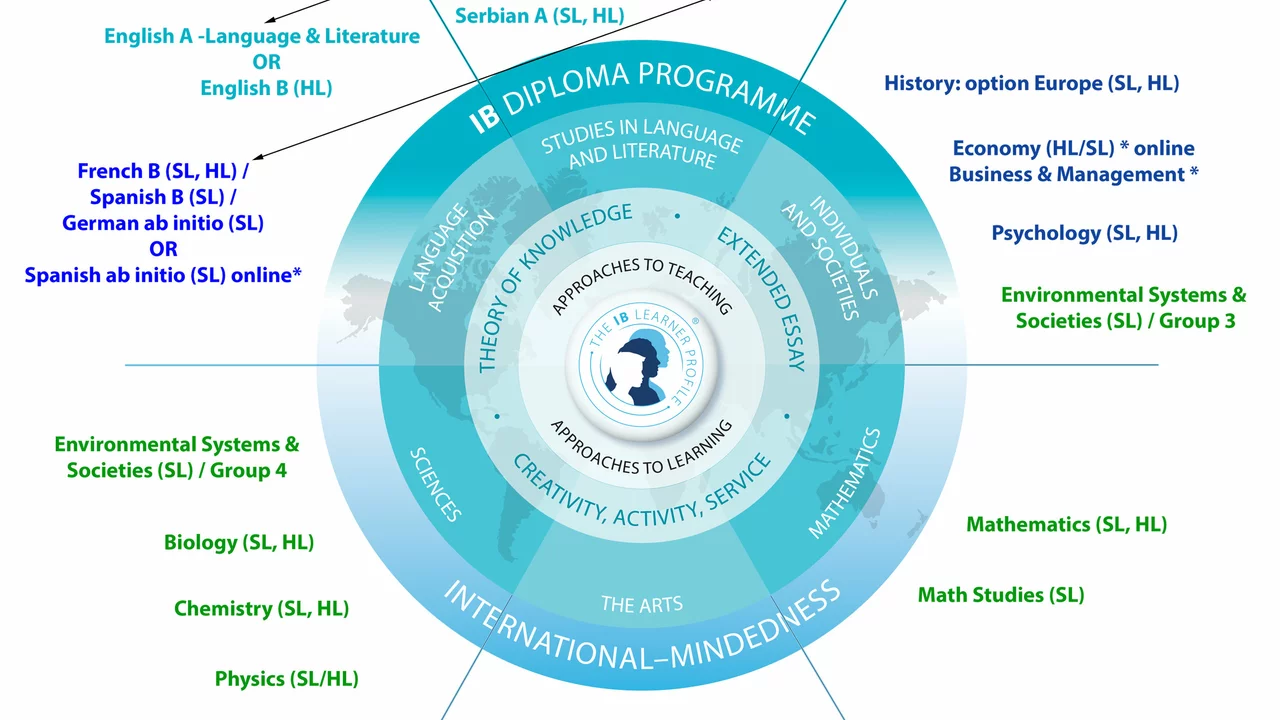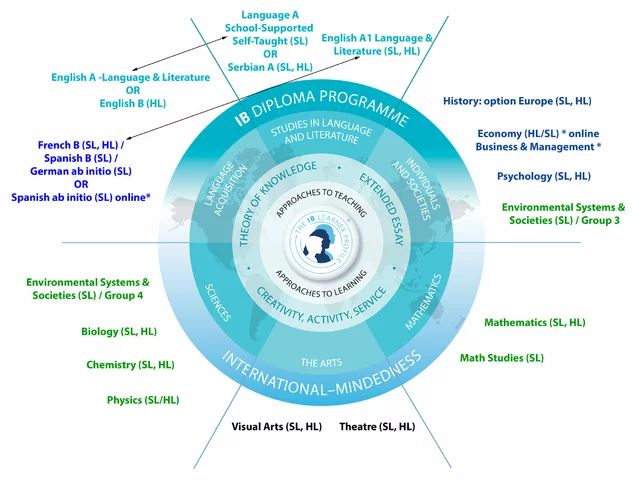IB Extended Essay — Practical Steps to pick a topic and actually finish
Your Extended Essay can help you score up to 3 extra IB points. That sounds worth the effort, right? The trick is not endless tweaking — it’s picking a focused question, planning research, and writing smart. Here’s a plain, usable plan you can start today.
How to pick a strong topic
Start with a subject you enjoy and one that matches an IB subject guide. Don’t pick “history” or “biology” — pick a specific angle: a place, a period, a process. Good RQs (research questions) are narrow and testable. Examples: “To what extent did X policy reduce air pollution in City Y (2005–2015)?” or “How does substrate type affect enzyme activity in Z species?” If your question needs more than 4000 words to cover, narrow it. If it can be answered in a paragraph, broaden it.
Run your idea by your supervisor early. They can tell you if your question is feasible and suggest sources or methods. Aim to have a clear RQ within the first 4–6 weeks of starting the EE process.
Practical timeline and writing tips
Use a simple timeline: 6–8 weeks to sharpen your RQ and find sources; 8–10 weeks for research and notes; 4–6 weeks to draft; 2–4 weeks to revise, format citations, and finish the abstract. Keep weekly goals: one article read, one paragraph drafted, one meeting with your supervisor.
Structure matters. Typical EE layout: abstract (≤300 words), introduction with RQ, methodology, main body with clear topic paragraphs, conclusion, bibliography, and reflections. Stick to the 4,000-word limit. Every paragraph should connect back to the RQ — ask yourself: does this evidence answer the question?
Use reliable sources: peer-reviewed journals, books, official reports, and credible primary data. Wikipedia can help find sources but don’t cite it as a main reference. Track sources as you go; a reference manager (Zotero or similar) saves time and prevents citation mistakes.
Write actively and simply. Start each paragraph with a point, follow with evidence, then explain how it answers the RQ. Avoid long tangent sections that don’t move your argument forward. For analysis, compare, contrast, and explain limits of your evidence — examiners want critical thinking, not just a list of facts.
Meet your supervisor regularly. Bring specific questions and short drafts. Use their feedback to improve clarity and structure, not to rewrite the whole essay for you. Remember academic honesty: cite everything that isn’t your original idea. The EE is assessed on five criteria: focus & method, knowledge & understanding, critical thinking, presentation, and engagement. Keep those in mind while drafting.
Start small: today write one-sentence RQ and a 100-word plan. That first step turns the EE from a foggy task into a real project you can finish.

The IB extended essay is a significant part of the International Baccalaureate (IB) Diploma Programme, requiring students to conduct independent research and pen down a 4,000-word essay. It demands extensive planning, research, and analytical skills, testing students' abilities to manage and organize their ideas effectively. Encountering challenges is inevitable, including choosing the right topic, finding relevant resources, and maintaining academic honesty. It’s a demanding task, yet it's an excellent opportunity for students to explore their interests deeply and sharpen their research and writing skills. Remember, the journey is tough, but the rewards are worth it!
Continue Reading





